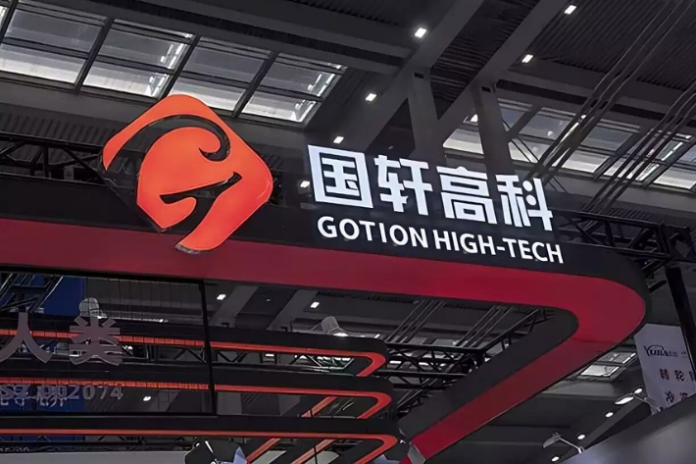Chinese EV battery makers CATL and Gotion High-Tech rejected accusations by US lawmakers of complicity in forced labour, according to China Daily.
A group of US Republican lawmakers said the two firms should be immediately added to an import ban list under the Uyghur Forced Labour Prevention Act (UFLPA). They claim the companies’ supply chains use “forced labour,” the Wall Street Journal said.
Despite, CATL claimed to be in strict compliance with all applicable laws and regulations regarding its operations and business activities in the US.
“A June 5 letter by US Members of Congress, accusing CATL of having connections to forced labour, is groundless and completely false,” the company said, stressing its business relations with some of the suppliers mentioned in the letter have long ceased.
Gotion High-Tech, for its part, said that any accusations alleging that it engages in forced labour or related to forced labour are completely baseless and completely false.
It said: “Gotion High-Tech has consistently upheld the values of respecting human rights and protecting employee rights. Our selection of partners is also based on a rigorous audit mechanism and evaluation standards,” the company said in a statement.
China’s official response
China, for its part, said the allegation of “forced labour” in Xinjiang is nothing but a monumental lie propagated to tarnish the country’s image, as it goes against the fact of respecting the rights and interests of people of all ethnic groups in Xinjiang.
A Chinese foreign ministry spokesman said the UFLPA not only imposes illegal sanctions on Chinese companies, but also forces companies around the world to join US efforts to contain and suppress China
Since the US signed the UFLPA into law in December 2021, 65 Chinese companies covering sectors such as textiles, garments, agriculture, polysilicon, plastics, chemicals, batteries, home appliances, electronics and food additives have fallen under sanctions.
CATL accounted for 37.7 per cent of the market between January and April this year, remaining the world’s largest battery maker, while Gotion, partly owned by Volkswagen, ranked ninth globally, SNE Research said.
